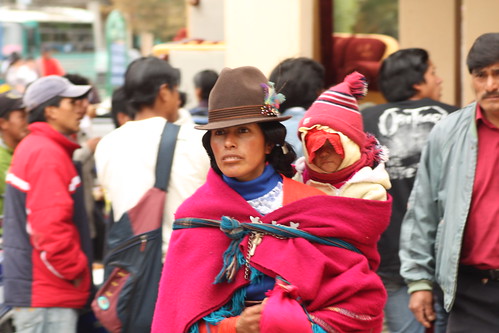 Originally posted on Open Equal Free
Originally posted on Open Equal Free
In Bolivia, a country which has one of the biggest maternal mortality rates at 190 deaths per 100,000 births, healthcare workers are making strides to bring cultural practices into the delivery room to give a more comfortable experience for expectant mothers. When hospital workers become better educated in cultural norms and practices, the MMR could lower with the possibility of giving babies a better chance at survival.
Previously, expectant mothers may have felt fearful to go to a hospital when in labor. However, with this intercultural approach of bridging Western techniques with familiar cultural practices, indigenous techniques are slowly becoming more accepted. As one hospital leader describes, “It’s a dramatic change in a country that for centuries excluded indigenous people and indigenous knowledge from ‘official’ spaces like schools and hospitals.”
These changes include giving space to cook food or prepare tea, wooden floors instead of the traditional tiles (which are often cold), and the use of traditional midwives.
In time statistics will show the accurate outcome of this innovative approach to hospital care. It is, however, long overdue, and may help young mothers feel more at ease in the future.
Creative Commons Love: James Peacock on Flickr.com
